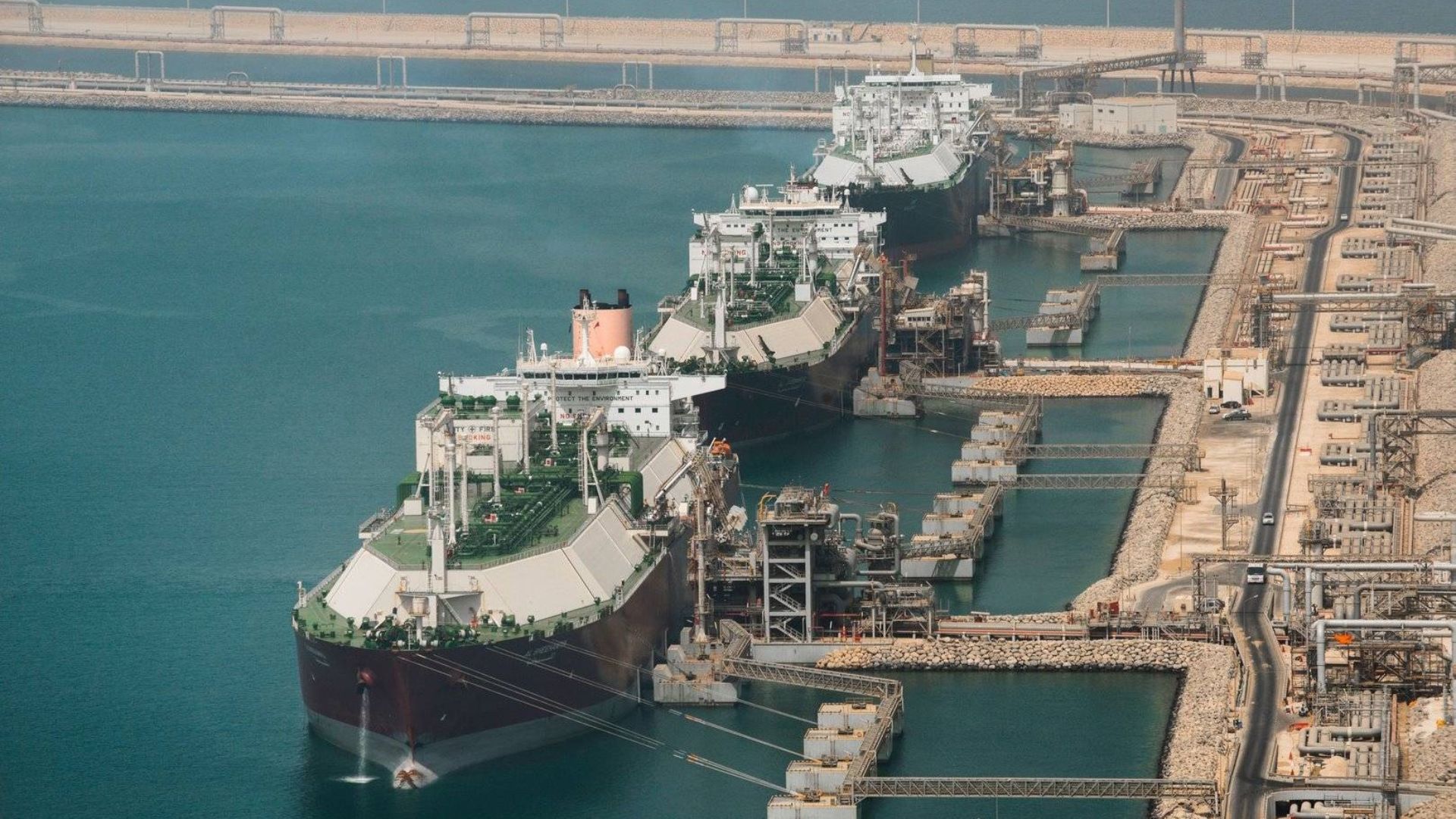Qatar's Strategic Expansion: Cementing Its Position as a Global LNG Leader
- Qatar | 13 May 2019

Situated in the Arabian Gulf and shared by Iran and Qatar, the largest non-associated gas reservoir in the world, known as the North Gas Field (South Pars in Iran), is about to undergo an ambitious expansion project. The goal is to increase Qatar’s liquefied natural gas (LNG) production capacity from 77 to 100 million tons per annum by 2023.
The International Energy Agency estimates that the offshore North Gas Field holds a staggering 50.97 trillion cubic meters of gas and over 50 billion barrels of condensates. The portions falling under Qatar’s jurisdiction surpass the size of Iran’s share. The North Field is the primary source of Qatari gas production, responsible for over 60% of the country’s export revenues. Consequently, Qatar is the largest LNG exporter globally, commanding 30% of the market share with 77 million tons exported.
Due to concerns about the field’s long-term output capacity, Qatar Petroleum, the state-owned company, imposed a moratorium in 2005, delaying the North Field’s potential production. However, in 2017, the moratorium was lifted, and a new expansion plan was set in motion.
Qatargas, the single Qatari LNG producer resulting from a merger with RasGas, will oversee the implementation of the expansion plans. Qatar Petroleum is its main shareholder, but Qatargas also boasts a broad range of international shareholders, including ExxonMobil, Total, Mitsui, and Shell. In 2018, Qatargas awarded two major contracts for the project. McDermott, an American firm, will lead the offshore expansion, while Chiyoda, a Japanese firm, will handle the onshore development.
McDermott secured the contract to design offshore jackets in the North Field. Qatar Petroleum recognized the project’s significance as a crucial step toward the launch of the drilling campaign in 2019. The offshore facilities will integrate with three onshore LNG production mega trains. TBY spoke with Chiyoda, the company responsible for the front-end engineering and design (FEED) of the trains. Junji Nagasaka, Managing Director of Chiyoda Almana, stated, “Our extensive experience in designing and executing complex projects was the most important factor in winning the bid. We have the expertise to organize and manage projects of this magnitude, positioning us perfectly for success.” Qatargas regarded Chiyoda’s track record and expertise in extensive engineering activities as a reliable choice.
Referring to the progress on the mega trains and its impact on the expansion project, Saad Sherida Al-Kaabi, the CEO of Qatar Petroleum, the majority stakeholder, stated, “This marks yet another milestone towards the implementation of one of the most ambitious gas projects in the southern sector of the North Field, with the aim of commencing LNG production from the new LNG mega train by the end of 2023.”
This strategic move by Qatar is aimed at securing the country’s leading position in the global LNG market. Despite increasing competition, particularly from other suppliers like Australia, Qatari gas is expected to remain competitive due to Qatar’s expertise in production, exportation, and its significant market share. Furthermore, Qatar’s ability to increase gas output at a lower cost than its competitors positions the country as the market leader for the foreseeable future.
Although the current gas market is well-supplied and prices are low, there will be a surge in demand by the time Qatar begins commercializing its new output. Giles Farrer, the research director of global gas and LNG supply at Wood Mackenzie, stated, “By the time new capacity is commissioned in 5-7 years’ time, the global market is likely to require new pre-FID LNG supply.”








